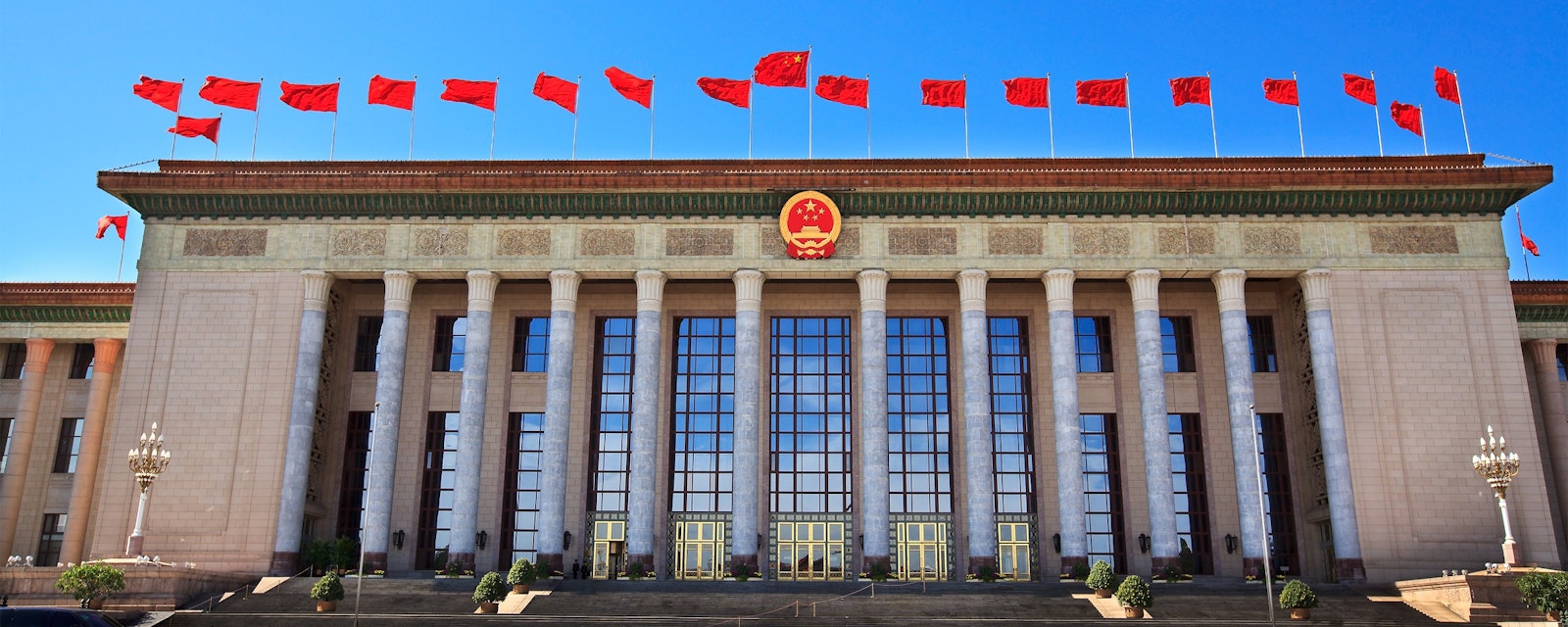Top Communist Party leaders convened their quarterly Politburo meeting on 30 July, signaling a policy shift towards monetary tightening and containment of financial risks, after strong second quarter GDP data instilled confidence in the country's growth trajectory.
The official readout of the meeting described second quarter growth as "obviously stronger than expected" and omitted language from recent Politburo meetings calling for interest-rate cuts and liquidity injections. The leadership also reiterated President Xi Jinping's warning that "housing is for living, not for speculation." That statement – which signals concern about an overheated housing market – had been absent from recent Politburo statements, freeing up local governments to apply various forms of property stimulus.
The Politburo also warned about "illegal activities in the securities market," a reference to illegal margin lending that contributed to a run-up in the mainland stock market in July. Despite the shift in emphasis, however, policymakers are unlikely to tighten policy aggressively. The Politburo pledged to maintain "reasonable growth" of money and credit, and overall the Politburo statement looks like a shift towards a neutral policy stance.
The Politburo also endorsed a new slogan that may become a keystone for economic policy in the medium to long term. The concept of "dual circulation" remains ill-defined but appears to denote a strategy of buttressing domestic demand to counteract an anticipated slowdown in export demand as the world recovers slowly from the pandemic. Exports, especially medical supplies, were another key growth driver in the second quarter, but demand is likely to diminish in the coming months as the pandemic eases.
To support domestic demand while avoiding the problems with wasteful investment in traditional infrastructure that plagued previous rounds of Chinese stimulus, the Politburo pledged to focus on "new infrastructure." This term refers to technology-focused projects like 5G base stations, artificial intelligence add-ons to traditional transport infrastructure, and new energy. On the other hand, leaders also promised to promote demand through "urbanization," a term that suggests a degree of continued reliance on traditional infrastructure like subways, intercity rail, and water treatment projects.
Unexpectedly, the readout also mentioned state-owned enterprise (SOE) reform – the first time in three years that this policy item has appeared in such a statement. As a top-level party organ, the Politburo's issues high-level guidance rather than announcing concrete policy measures, so it is unclear what form a new round of SOE reform might take. One possibility is further SOE consolidation through mergers. Another possibility is the sale of partial equity stakes in SOEs – known as "mixed ownership reform." Full-scale privatization remains unthinkable.
Overall, the Politburo statement signals that the leadership is confident enough in the direction of the economy to pull back from short-term stimulus, at least for the moment. But China's economy faces significant headwinds in the second half. Housing and exports are set to slow, while consumption growth and capital expenditure in the manufacturing sector remain weak following the pandemic. These headwinds could force the leadership to pivot back towards stimulus late this year or in early 2021.




